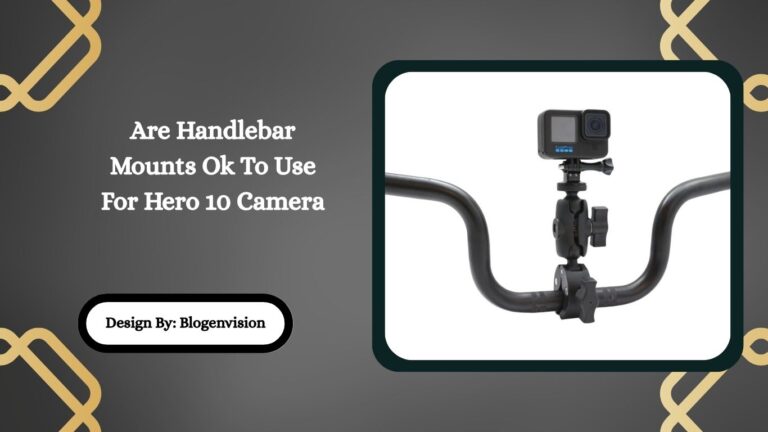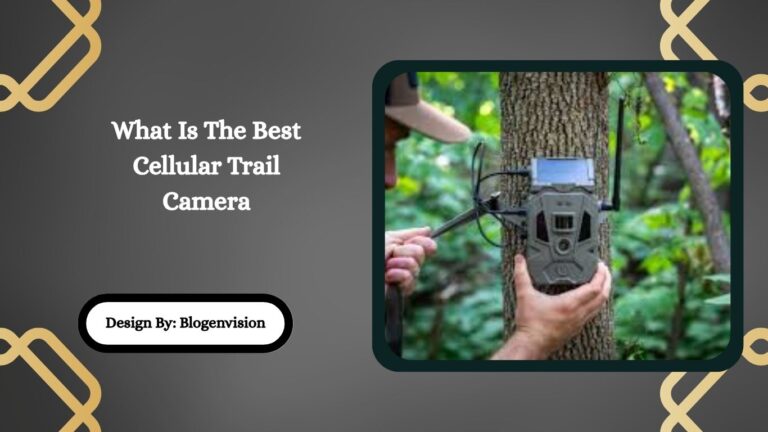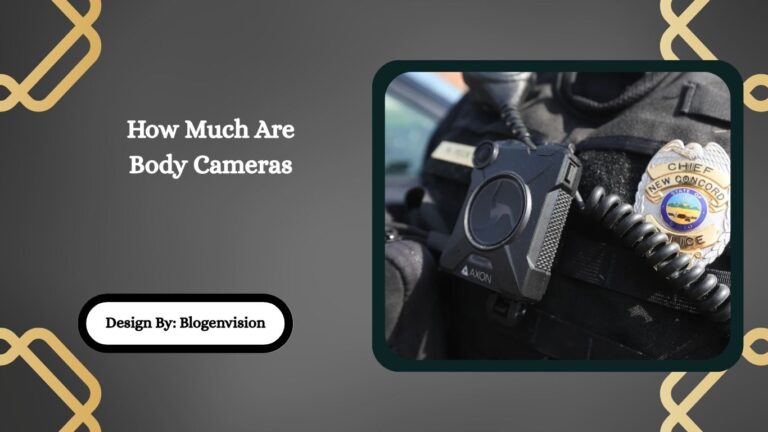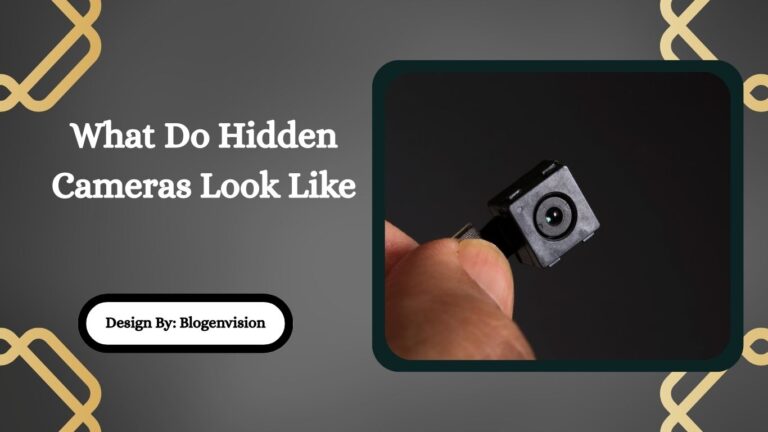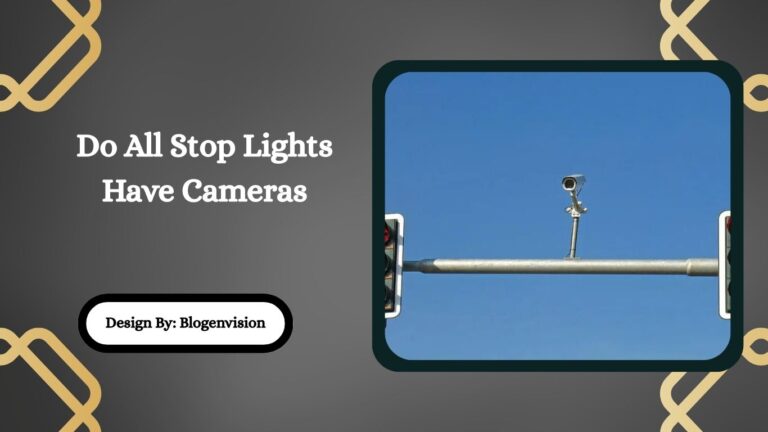Do Elevators Have Cameras – Everything You Should Know!
Elevator cameras are common in public buildings and help improve safety. They usually record 24/7 and are legal in most areas, though they must follow privacy rules about audio and location.
In today’s world, security cameras are everywhere. You see them in stores, on traffic lights, and even in homes. But what about elevators? If you’ve ever wondered, “Do elevators have cameras?” you’re not alone.
This guide explains everything you need to know in simple words:
- Which elevators have cameras
- Why they are used
- If it’s legal to record people
- How the footage is used
- And your privacy rights
Let’s take a closer look at how elevator surveillance works and why it’s important.
What Kinds of Elevators Have Cameras?
Not every elevator has a camera, but many do especially in busy or public buildings.
Elevators That Often Have Cameras:
- Shopping malls
- Office towers
- Government buildings
- Hotels and resorts
- Hospitals
- Airports
- Schools and colleges
- Large apartment complexes
These places need better security because many people come and go every day.
Elevators That May Not Have Cameras:
- Old buildings or elevators built before the 2000s
- Small apartment buildings
- Private homes with residential elevators
If the building doesn’t get a lot of visitors or isn’t updated often, it might not have a camera installed.
Why Are Cameras Installed in Elevators?

There are many reasons why buildings use cameras in elevators. Let’s break them down simply.
1. To Stop Crime
People are less likely to do bad things if they know they’re being watched. Cameras help prevent:
- Theft
- Vandalism
- Fights or harassment
2. To Keep People Safe
If someone is injured or stuck in an elevator, camera footage can help security or emergency services see what happened.
3. To Investigate Incidents
If something goes wrong like damage to the elevator or a person being hurt the footage can be used to figure out the truth.
4. To Track Elevator Usage
Security teams use footage to see how busy the elevator is or if people are misusing it, like jumping or overloading it.
Who Watches Elevator Camera Footage?
Camera footage isn’t watched all the time. But here’s who can access it:
- Security guards and building managers
- Maintenance or elevator repair staff
- Police, if there’s a serious issue
- Legal teams, during investigations
The footage is stored for several days or weeks. In most cases, it’s only reviewed if something happens that needs checking.
Are Elevator Cameras On All the Time?
Yes, in most modern systems, elevator cameras record 24/7 (all day, every day). Some systems use motion sensors, so the camera only records when someone is inside.
Other systems are connected to building security rooms and alert staff if:
- Someone is stuck
- There’s loud noise
- The elevator shakes or stops suddenly
Where Are Elevator Cameras Located?
Elevator cameras are usually:
- On the ceiling or in the upper corner
- Inside a small black dome or clear bubble
- Designed to be hard to see or hidden
Some cameras may also be placed behind a wall panel with only a tiny lens showing.
Most passengers don’t notice them unless they’re looking for them.
Is It Legal to Have Cameras in Elevators?
Yes, in most places, it is legal.
However, laws may vary depending on your location or country. Here’s what you need to know:
- Video recording in public areas (like lobbies or elevators) is usually legal
- Audio recording may be illegal in some areas unless people know about it
- Cameras must not be placed in private areas like bathrooms or dressing rooms
Good to know: Some buildings put up signs that say “CCTV in Use” to inform people.
Can Cameras in Elevators Hear You?
Most elevator cameras only record video, not sound. But some advanced cameras can record audio. That said, recording conversations without permission can be illegal in many countries or U.S. states.
What Happens If an Elevator Camera Breaks?
If the camera stops working:
- The building’s security or maintenance team usually gets a system alert
- The camera is repaired or replaced
- Other security systems (like hallway cameras) may help cover the area
This keeps the building secure even when one camera fails.
Smart and Modern Elevator Surveillance
Many buildings today use smart security systems that include:
- Real-time monitoring via mobile apps
- Alerts for emergencies (like if someone falls)
- AI that can detect strange behavior or sudden movements
- Remote viewing by security companies
This tech makes elevators safer and helps respond to issues quickly.
How Can I Tell If There’s a Camera in My Elevator?

Look around the ceiling for:
- A small round dome
- A tiny blinking light
- A warning sticker saying “Video surveillance in use”
- A small hole (if the camera is hidden)
If you’re unsure, ask the building manager or front desk.
What About My Privacy?
Many people worry about being watched in elevators. That’s fair. But the purpose of these cameras is to protect, not to spy.
Cameras:
- Don’t record inside your apartment or home
- Don’t record personal information
- Are only checked when needed (not watched all the time)
Quick Elevator Safety Tips
Whether your elevator has a camera or not, stay safe with these easy tips:
- Avoid entering elevators alone in sketchy places
- If you feel unsafe, step out and wait for the next ride
- Use the emergency button if something feels wrong
- Don’t overload or jump inside the elevator
FAQs:
1. Can you be recorded in an elevator without knowing?
Yes, video recording in public spaces is legal in many areas even without signs. Audio is different and may need permission.
2. Do elevator cameras record sound?
Most do not, but some advanced systems may. However, audio recording can be restricted depending on your location.
3. Are elevator cameras always on?
Yes, most modern cameras record 24/7 or use motion sensors to activate automatically when someone enters.
4. Can you ask to see elevator footage?
Only security or management can access footage. You may need legal reasons to request it.
5. Do cameras work in dark elevators?
Yes, many have night vision or infrared to record in low light or total darkness.
Conclusion:
Cameras in elevators have become a normal part of building security. They protect people, prevent crime, and help during emergencies. Most public buildings today use elevator cameras to keep everyone safe. While not every elevator has one, the trend is growing. These cameras don’t invade your privacy but instead provide peace of mind. So next time you ride an elevator, know that safety is silently working in the background.



